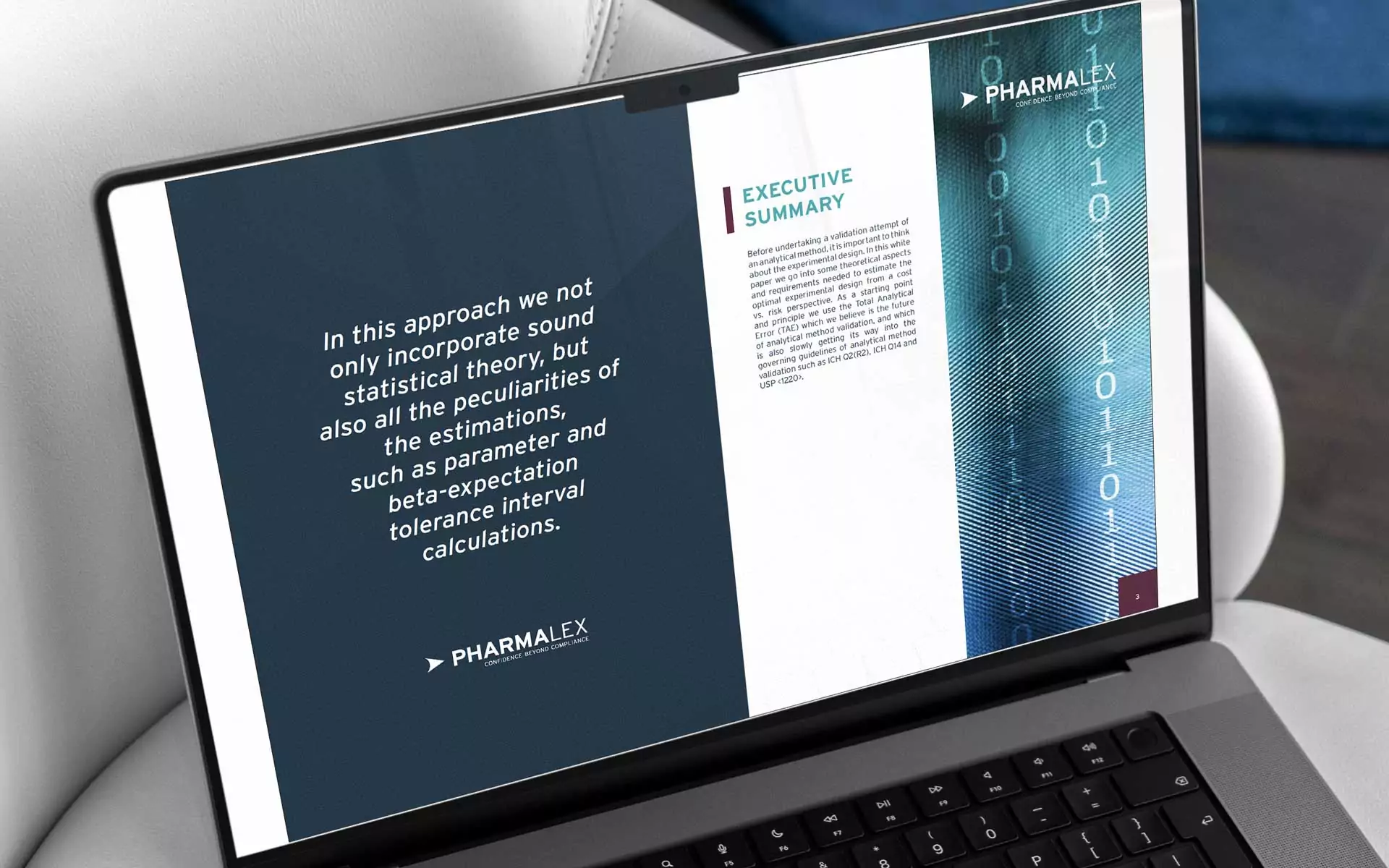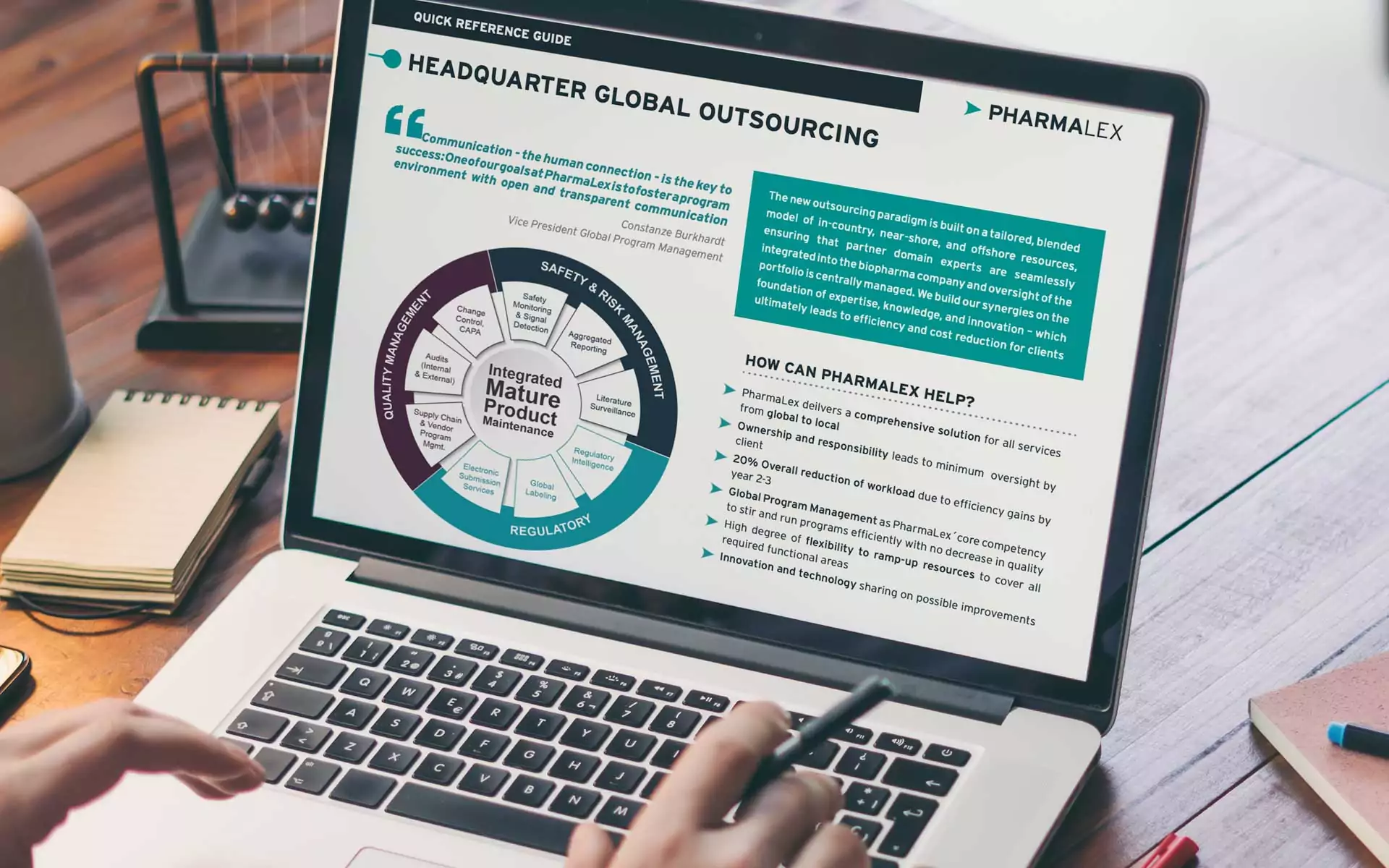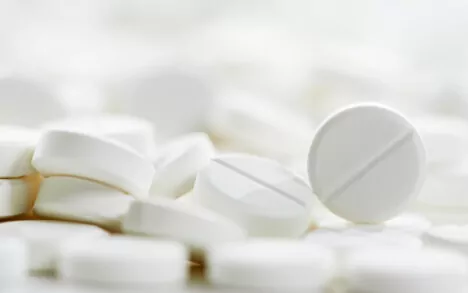Despite an increased push toward more harmonized submission processes in the European Union, some in-country regulatory differences remain. France, in particular, has highly specific requirements that mean companies need on-the-ground regulatory affairs expertise.
First, there is the “Exploitant” status, which refers to the company responsible for placing the product on the French market[i]. Similar to the local representative, the Exploitant plays a more involved and very specific role in marketing a product in France. In most cases, the Exploitant is also the Marketing Authorization Holder (MAH) or its French subsidiary, but it also can be a totally different company from the MAH.
The Exploitant has some specific national tasks they must undertake, all along the lifecycle of the medicine product – in other words, from before its marketing in France to the repeal of its marketing authorization (MA).
Marketing authorization and lifecycle management
Once a product is registered in Europe through the decentralised or mutual recognition procedures, companies must then undergo the national phase for each country[ii]. In France, this can fall to the Exploitant to handle product information translation and submission to ANSM, the French health authority.
While not highly complex, experience shows that the submission process is laborious and time-consuming. In the case of an initial MA, companies must submit translations using a specific template form on the ANSM website, the “Feuille de style”, which fits the current QRD template, with some national requirements[iii] .
Once complete and assessed by ANSM, the company receives notification from ANSM with a PDF document and a locked Word document to be used for further submissions (variations, renewals) and further request for national phases. If there are any errors on the document, changes must be requested in future submissions.
For products registered through the centralised procedure, the national phase is performed simultaneously for all EU countries, after the CHMP opinion[iv]. However, the blue-box is a purely national step. Indeed, if the wording is strictly identical for SmPC, labels and PIL across the whole EU, each member state can allow the MAH to add some specific and national requirements inside a blue-box that can be found on the outer packaging[v], [vi]. The MAH has to liaise with ANSM in order to add this specific French information (national registration codes, so-called “CIP codes”, name of the Exploitant, local prescription and delivery conditions etc.)
As the Exploitant status is purely French, Exploitant transfer is also a purely French activity, managed by the MAH. Exploitant transfer is often combined with an MAH transfer, but this is not mandatory. Some activities are managed in all involved countries in the case of EU registration procedures (through a variation) whereas Exploitant transfer remains managed locally in France with ANSM.
Inevitably, there will be ongoing communication with the ANSM and the Exploitant must be ready to address these questions as part of their regulatory affairs responsibilities.
Managing artworks and packaging
Regulatory affairs in France is also responsible for reviewing the artwork and text that is on the inner and outer packaging. These must be implemented in the mock-up and must include, in addition to the approved product information, French-specific requirements with regards to drug classifications (List I products are non-renewable medicines, except if clearly stated otherwise by the prescriber, while List II products are renewable, except if clearly stated otherwise by the prescriber. The label for List I products should have a red frame, while List II products have a green frame[vii]). The label must also include information in Braille on the external packaging, using the specific French Braille code[viii].
French specific information also has to be included on the packaging for blood-derivative medicines (for traceability purposes)[ix].
Some pictograms can also be mandatory, depending on the active substance contained[x] . Examples include a pregnancy pictogram warning concerning potential risks with the use of a product during pregnancy; a warning pictogram for use where there might be effects on the patient’s ability to drive and use machines or a warning pictogram for use of a product while the patient is exposed to sunlight.
Finally, depending on how the medicine is distributed – in other words to the patient or used in hospital only – some recycling information logos need to be included on the outer packaging.
As is the case across Europe, all information available to the public must be in the local language, in other words, in French.
Adhering to promotional material rules
The rules surrounding promotional materials have become stricter in France since 2012, when new rules were put in place in response to some scandals surrounding the off-label use of medicines[xi],[xii].
All promotional materials for healthcare professionals must be submitted for approval to ANSM within four pre-defined time periods each year, called slots, and the agency has two months to respond[xiii]. The agency will either provide explicit approval to use the promotional material, or implicit approval, which applies if ANSM has not issued a decision two months after the filing period. The visa is valid for 2 years for both explicit or implicit approval. With explicit approval, the visa starts with the official ANSM approval, whereas for implicit approval, the visa starts the day after the end of the 2-month assessment period)..However, if the company receives a refusal for its promotional material, the promotional material cannot be used.
The preparation of promotional material can be a complex issue for companies since there is very often a commercial push to use data from new studies. However, ANSM expects companies to adhere to studies in published literature, and preferably to the studies provided to support the marketing authorization application.
Working with outsourcing partners
Given the many country-specific requirements and the need for good quality French translation of all patient-facing material, companies often choose to work with an outsourcing partner. This ensures access to knowledge of the local regulations and understanding of regulatory trends and developments. Working with an outsourcing partner that has a team of in-country experts gives companies access to area-specific knowledge, for example, to do with a regulatory change or what ANSM will permit with promotional materials or packaging requirements. Given the often very precise requirements set out by the health authority, a slight deviation can result in costly and time-consuming errors by the company. Knowing how best to update the product information if there is a variation in the dossier, what can or can’t be on a label, or even the relevant fees to pay for different variations can be difficult for a company that isn’t steeped in this day-to-day knowledge.
Communicating with the agency and responding to their queries also requires local knowledge and a relationship with the ANSM. There may be questions raised about an adverse event or a request to provide data regarding a new indication or queries about product stock. The company itself may have queries for the agency, such as whether packaging can include several languages, or how to update clinical trial information or transferring a marketing authorization.
Having that on-the-ground expertise in France to manage regulatory affairs activities removes the many challenges companies often face, and helps them to ensure a smoother process in marketing and promoting their product in France.
About the author:
Marie Coulon, PharmD, is Senior Manager, Regulatory Affairs at PharmaLex.
[i] French Public Health Code, Article R.5124-2. https://www.legifrance.gouv.fr/codes/article_lc/LEGIARTI000043761806
[ii] Directive 2001/83/EC as modified, Article 28..
[iii] ANSM recommendations for the submission of translations in the context of an application for a Marketing Authorisation (MA), MA variation or renewal following a Mutual Recognition or Decentralised Procedure. ANSM. https://ansm.sante.fr/uploads/2022/07/01/20220701-amm-pdtaut-doc004a-v01-recommandations-nationales-trad-amm-eng.pdf – June 2022
[iv] Regulation (EC) No 726/2004 as modified, Article 9,
[v] Guideline on the packaging information of medicinal products for human use authorized by the union, European Commission, Sept 2023. https://health.ec.europa.eu/document/download/1a633be0-01a7-41e4-850f-fdd3f191495b_en?filename=2018_packaging_guidelines_en_1.pdf
[vi] Blue Box requirements, CMDh, May 2023. https://www.hma.eu/fileadmin/dateien/Human_Medicines/CMD_h_/procedural_guidance/Application_for_MA/CMDh_258_2012_Rev25_2023_05_clean_-_BlueBox_requirements.pdf
[vii] French Public Health Code, Article R.5121-15. https://www.legifrance.gouv.fr/codes/article_lc/LEGIARTI000026560035
[viii] French Public Health Code, Art R.5121-138. https://www.legifrance.gouv.fr/codes/article_lc/LEGIARTI000044944581
[ix] French Public Health Code, Article R.5121-184, https://www.legifrance.gouv.fr/codes/article_lc/LEGIARTI000043761845
[x] French Health Public Code, Art R.5121-139
https://www.legifrance.gouv.fr/codes/article_lc/LEGIARTI000034432960
[xi] LOI n° 2011-2012 du 29 décembre 2011 relative au renforcement de la sécurité sanitaire du médicament et des produits de santé. https://www.legifrance.gouv.fr/loda/id/JORFTEXT000025053440
[xii] ANSM recommendation. Mandatory information. https://ansm.sante.fr/documents/reference/mentions-obligatoires
[xiii] Calendar of advertising visa application submission periods, ANSM. https://ansm.sante.fr/vos-demarches/industriel/modalites-encadrant-les-demandes-de-visa-de-publicite-pour-les-medicaments-gp-pm#:~:text=Prochaines%20p%C3%A9riodes%20de%20d%C3%A9p%C3%B4t%20%3A&text=du








